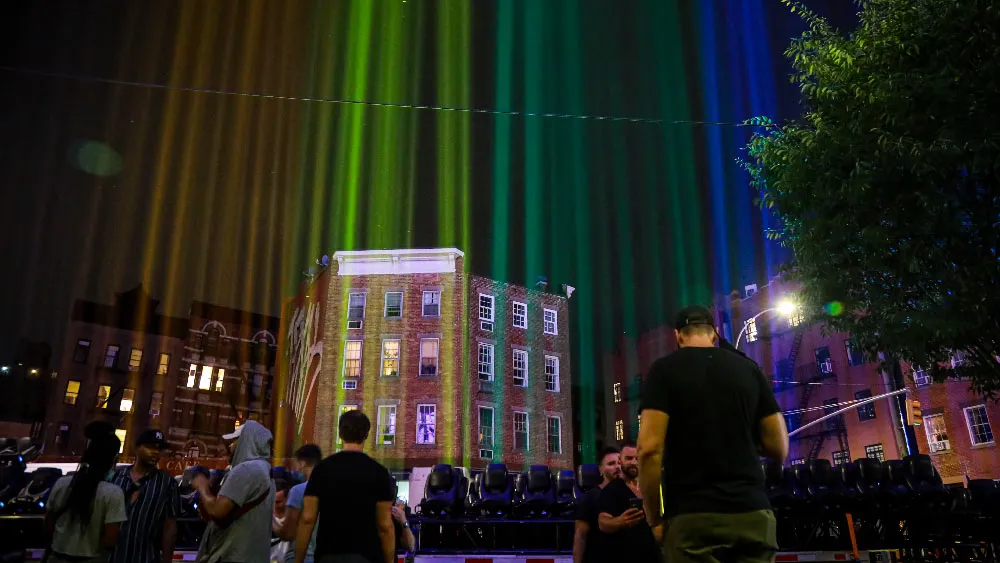July 15, 2015
ACLU Asks Appeals Court to Halt NSA Phone Record Collection
Kilian Melloy READ TIME: 2 MIN.
Civil liberties groups asked a federal appeals court Tuesday to again strike down as unconstitutional a portion of a law used by the government to justify the collection and storage of Americans' phone records.
The American Civil Liberties Union and the New York Civil Liberties Union told the 2nd U.S. Circuit Court of Appeals in Manhattan in court papers that it should rule that a law Congress passed on June 2 is being used illegally. The National Security Agency has relied on the law and a ruling by the Foreign Intelligence Surveillance Court to continue data collection.
The ACLU also urged the court to immediately block the collection of call data related to the civil rights groups and to return the case to the lower court, where a judge could rely on the appeals court's findings to ban the collection of records more widely.
A three-judge panel of the 2nd Circuit in May struck down the law but did not immediately block phone data collection. It said the unprecedented and unwarranted bulk collection of Americans' phone records was illegal because it wasn't authorized by Congress. It urged Congress to define the issue.
In its new filing, the ACLU said Congress has not expanded the government's statutory authority and it would be "bizarre" for the Foreign Intelligence Surveillance Court to conclude that bulk collection was implicitly endorsed by Congress because it did not expressly prohibit it.
"In our democracy, the government has only the powers the people have granted it; the question is not what surveillance Congress has proscribed, but what surveillance it has permitted," the lawyers wrote. "The crucial fact, however, is that the language the government is relying on to collect call records now is precisely the same language this court has already concluded does not permit that surveillance."
The NSA started collecting domestic phone call records in the wake of the Sept. 11, 2001, terrorist attacks. Since 2006, the agency has obtained warrants from the Foreign Intelligence Surveillance Court.
The National Security Agency's collection and storage of U.S. landline calling records - times, dates and numbers but not content of the calls - was disclosed in 2013 by former NSA systems administrator Edward Snowden. Some NSA officials opposed the program, and independent evaluations have found it of limited value as a counterterrorism tool. Snowden remains exiled in Russia.
The government did not immediately respond to a request for comment.
Kilian Melloy serves as EDGE Media Network's Associate Arts Editor and Staff Contributor. His professional memberships include the National Lesbian & Gay Journalists Association, the Boston Online Film Critics Association, The Gay and Lesbian Entertainment Critics Association, and the Boston Theater Critics Association's Elliot Norton Awards Committee.
This story is part of our special report: "HomoTech". Want to read more? Here's the full list.

